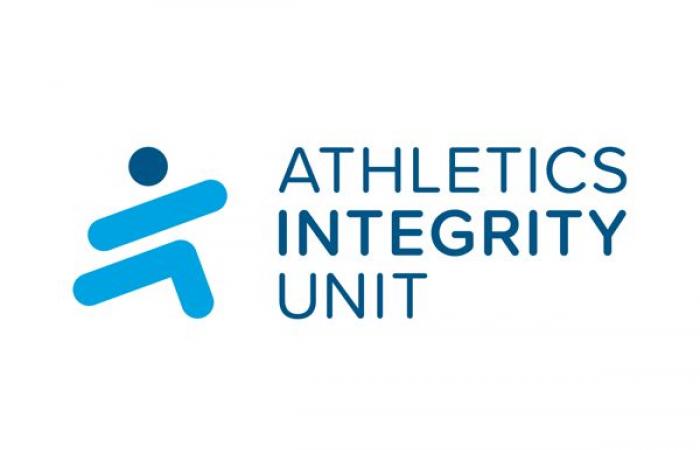Indeed, the Athletics Integrity Unit (AIU) has just announced the reclassification of Morocco from category A (category where countries are at higher risk of doping) to category B. As a reminder, the Moroccan athletics has joined category A since March 5, 2020.
This success is not the result of chance, but the result of the sustained and structured efforts of the Moroccan Anti-Doping Agency (AMAD).
Since its creation, AMAD has been committed to building a solid and transparent policy in the fight against doping. This resulted in the implementation of measures and regulations consistent with international standards set by the World Anti-Doping Agency (WADA). Raising awareness among athletes, modernizing testing infrastructures, and adopting a preventive and educational approach (organization of the national “doping-free sport” caravan) were at the heart of this approach.
Getting off the blacklist is a strong signal. This shows that Morocco has been able to gain the trust of international authorities and that it is now a responsible player in world sport. This success also highlights the key role of national institutions which, through their hard work, ensure a healthy and fair environment for Moroccan athletes.
However, this reclassification should not mark the end of efforts, but rather a motivation to go even further. The challenge now is to maintain these standards and continue to innovate in the fight against doping. By strengthening cooperation with other countries and developing even more efficient tools, Morocco can position itself as a regional leader in this area.
This success is a victory for Moroccan sport, but above all for the values of integrity and fair play. It is a reminder that sporting excellence goes hand in hand with impeccable ethics.
Through this step, Morocco shows the world that sport can and must remain a space of merit and self-improvement, far from the excesses of doping.
Morocco






